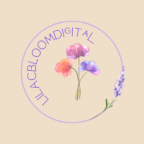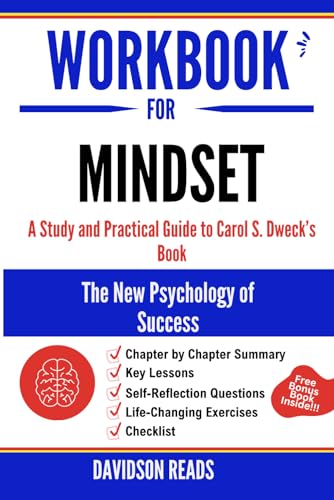The Importance of Life Skills: A Guide From Infancy to Adulthood
Life skills are the essential tools that empower us to navigate the complexities of life successfully. They encompass a wide range of abilities that enable us to thrive personally, socially, and professionally. From the moment we enter the world, we begin acquiring these skills, and they continue to evolve throughout our lives.
Infancy and Early Childhood (0-5 years)
In the earliest stages of life, life skills focus on fundamental abilities that lay the foundation for future development:
- Basic Self-Care: Eating, dressing, hygiene
- Communication: Babbling, first words, simple sentences
- Motor Skills: Crawling, walking, grasping
- Social Interaction: Smiling, eye contact, playing with others
Childhood (6-12 years)
As children grow, they expand their repertoire of life skills:
- Academic Skills: Reading, writing, basic math
- Problem-Solving: Identifying and solving simple problems
- Decision-Making: Making choices with guidance
- Emotional Intelligence: Recognizing and managing emotions
- Responsibility: Completing chores, following rules
Adolescence (13-19 years)
Teenagers face new challenges and require more advanced life skills:
- Critical Thinking: Analysing information, forming opinions
- Communication: Effective verbal and written expression
- Time Management: Balancing school, activities, and social life
- Financial Literacy: Basic budgeting, saving, and spending
- Self-Advocacy: Asserting needs and boundaries
Adulthood (20+ years)
Adulthood demands a comprehensive set of life skills to achieve independence and success:
- Financial Education: Investing, managing debt, planning for the future
- Career Skills: Job searching, interviewing, networking
- Relationship Skills: Building and maintaining healthy relationships
- Stress Management: Coping with challenges and setbacks
- Personal Development: Setting goals, pursuing passions, lifelong learning
Essential Life Skills for Success
Let’s delve into some crucial life skills that are particularly relevant in today’s world:
- Financial Education: Understanding money management, budgeting, saving, and investing is crucial for financial stability and independence.
- First Aid and CPR: Knowing how to respond in medical emergencies can save lives.
- Study Skills: Effective learning strategies, time management, and organization are essential for academic success.
- First Job and Interviewing Skills: Preparing a resume, practicing interview techniques, and understanding workplace etiquette are vital for launching a career.
Book Recommendations for Personal Growth
- “7 Habits of Highly Effective People” by Stephen R. Covey: A classic guide to personal and professional effectiveness.
- “Mindset: The New Psychology of Success” by Carol S. Dweck: Explores the power of a growth mindset in achieving goals.
- “Daring Greatly” by Brené Brown: Encourages vulnerability and courage in living a wholehearted life.
- “Emotional Intelligence 2.0” by Travis Bradberry and Jean Greaves: Provides strategies for improving emotional intelligence.
- “The Total Money Makeover” by Dave Ramsey: A comprehensive guide to financial literacy and debt reduction.
Conclusion
Life skills are the building blocks of a fulfilling and successful life. By continuously developing these skills from infancy through adulthood, we equip ourselves to navigate challenges, seize opportunities, and live with purpose. Embrace lifelong learning and personal growth to unlock your full potential.





